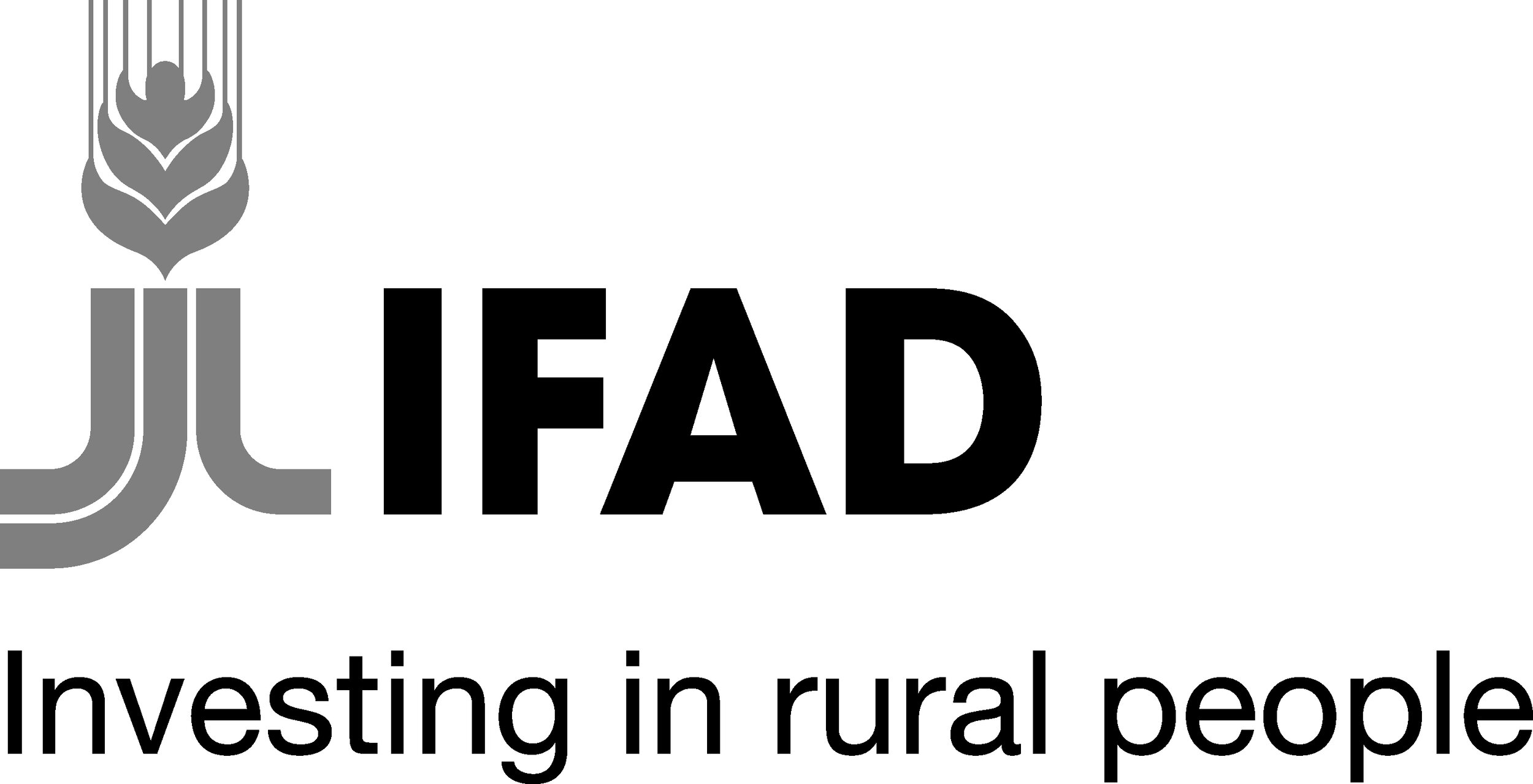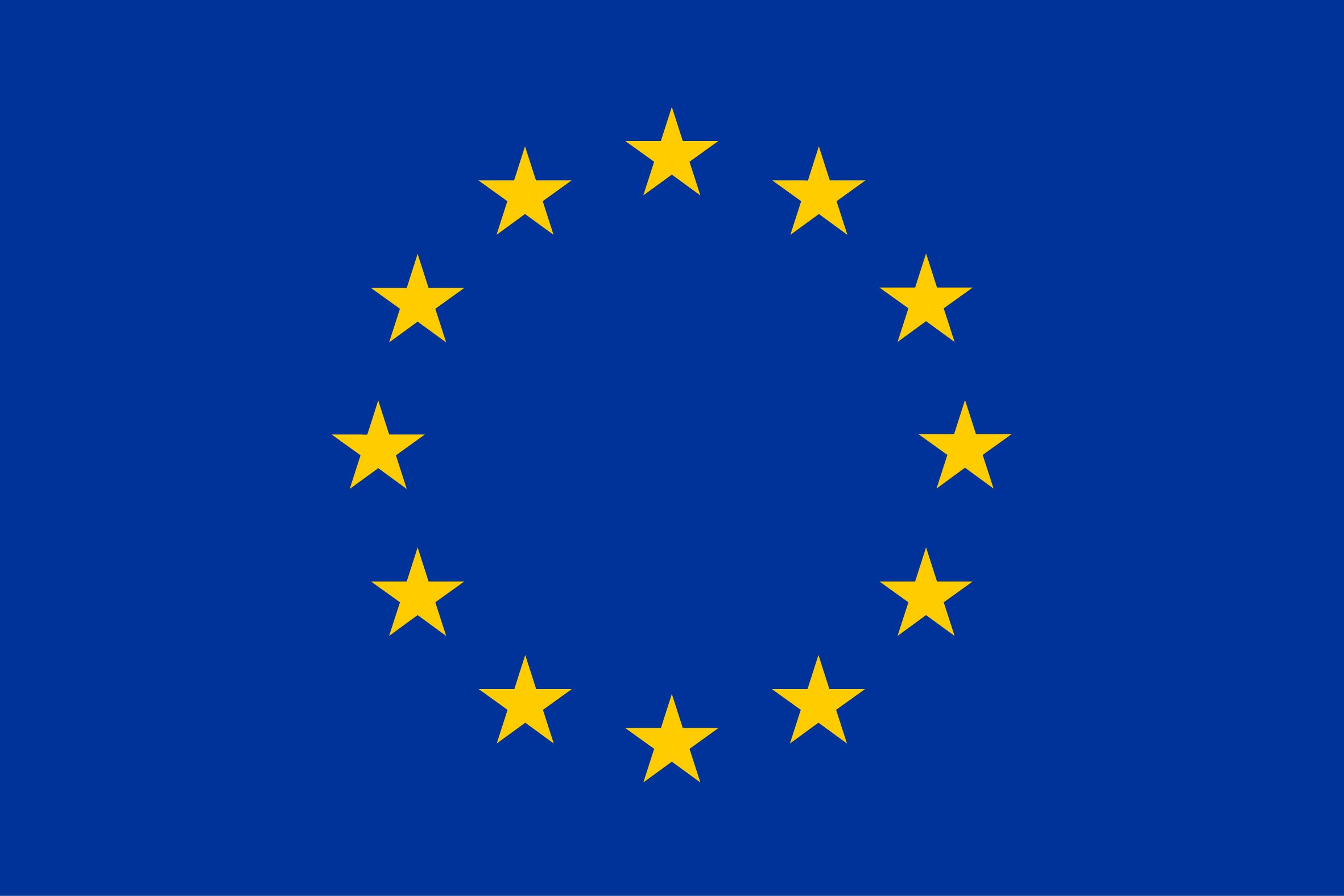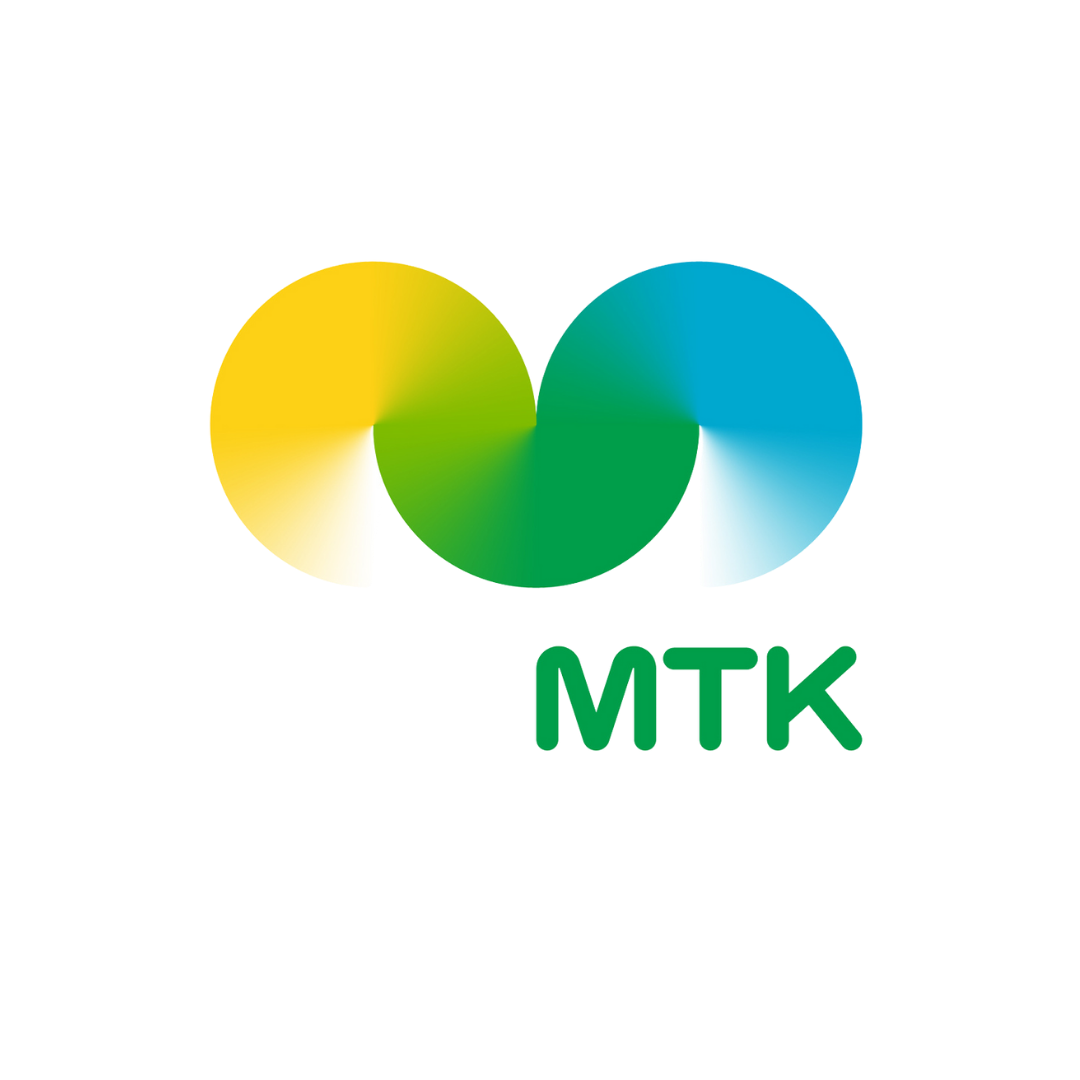Quality assurance (QA) has become a prerequisite to food market access. In international trade particularly, but also increasingly on national markets, buyers require third party confirmation and certification on product quality. Certification does not only cover food safety and security: social responsibility and fair treatment of the workers, environmental aspects, and biodiversity are more often required. This does not concern developed markets only as producers and suppliers from developing countries are facing the same requests, too.
Internal audit at Mr. Ngailo’s farm in Njombe, conducted by Ms. Anne Piirainen from Puutarhaliitto, Mr. Nwaka Amylike from Tanzanice and Mr. Willy Ngailo, the farmer.
In Tanzania, agriculture comprised almost 30% of the GDP in 2021 and its share of the exports is significant; horticultural products with USD 274,1 million was fifth largest of the total exports.
Tanzania Horticultural Association (TAHA) and FFD have collaborated for years to develop horticultural industry in Tanzania. The first projects since 2014 focused on improved agricultural practices and value chain development, particularly focusing on domestic markets. With the increased export opportunities, in 2021 TAHA and FFD launched the “Quality Standards for Enhanced Market Access for Small-holder Farmers in Tanzania” (SEMA) project to provide skills for TAHA to capacitate small-holder farmers in achieving readiness for international market access.
Building Expertise
The SEMA project aims to train 15 TAHA agronomists in QA practices and capacitate farmers and farmer groups to meet the requirements of GLOBALG.A.P., the most recognized standard in the horticulture industry. Apart from food safety and security, social responsibility and workers health and safety are included in the training. The latter is called GRASP, the GLOBALG.A.P. Risk Assessment on Social Practice. By the end of the project in 2024 the target is to achieve certification readiness for 10 farmer groups. By mid-2022, 500 farmers have attended trainings already and 3 pilot groups prepare for certification.
The project was planned in collaboration with TAHA and GLOBALG.A.P., the German owner of the quality standard. Implementation is done by TAHA together with the Finnish twinning partner, the Central Organization for Finnish Horticulture (Puutarhaliitto), who has vast experience in training farmers in quality assurance and various QA standards. Currently it has a similar project in Finland where farmer groups and single farmers are trained in GLOBALG.A.P. standard to apply for certification. MSc. Anne Piirainen is coordinating the QA project for Finnish horticultural farmers and her hands on experience and expertise in Finland helps TAHA project personnel in project implementation – true peer-to-peer support!
Avocado Boom and Finnish Collaboration
In the SEMA project avocado has been the most popular crop under certification. No wonder since avocado has become very trendy food with big international market potential. It is tasty and has many health benefits and people are exchanging avocado recipes in social media and internet. Thus, the avocado market is booming. However, growing avocados requires a lot of water – 1 kg needs 1000 liters of water. Most of the world’s avocados need irrigation to grow and are cultivated in regions where drought is a problem, thus the sustainability of avocado production is often questioned.
The Southern and Northern Highlands close to Kilimanjaro are the main avocado growing areas in Tanzania. Enjoying sufficient rainfall during the year, no irrigation is needed there. These are also among the main project locations of the SEMA project, ensuring sustainable use of water in avocado production.
Reliance on rainwater is confirmed by Tanzanice, a Finnish-Tanzanian company, a TAHA member, that is growing avocados in Tanzania’s Southern Highlands without irrigation. SEMA project conducted a benchmarking visit to Tanzanice in May to learn from the company’s QA practices.
Precipitation and Avocado Growing in Southern Highland
- appr. 1500 mm/ year
- enough to grow 10 000 kg / hectare
- one avocado tree produces appr. 50 kg
- 200 trees / hectare
Source: Tanzanian Climate Statistics (precipitation) and Tanzanice (avocados)
-The natural rainfall is sufficient to grow delicious fruits in Njombe area, says Eero Pisilä, the founder and owner of Tanzanice. ‘Our avocados are also organic and sustainably grown, and they are exported to the European market. We have 400 contract farmers that are group certified under GLOBALG.A.P. Tanzanice has also GRASP and SMETA, (Sedex Members Ethical Trade Audit; Sedex being a development organization), the most widely used social audit in the world.’
- Quality certification with sustainability and social add-ons are key in export market, says Pisilä. ‘Our avocados are shipped to the Netherlands and sold to European customers.’
While Tanzanice is not directly attending the SEMA project, having received its GLOBALG.A.P. certifications before the project started, it is through benchmarking, knowledge and practice sharing that mutual benefits are gained, and future collaborations strengthened at the local level.
TAHA Agronomist Zacharia Kiputa conducting internal audit.
Easy to Get and Hard to Maintain?
Getting quality certification requires a lot of work. A single farm can apply for it, but the certification can be granted also for a farmer group. That is done in the SEMA project and Tanzanice got certificate for a group of contract farmers, too.
Getting familiar with the standard and its control points is not easy requiring a lot of background knowledge on agricultural practices, environmental issues, fertilizers, plant protection agents etc. Communicating standard requirements to farmers may not be simple either since literacy skills are not always adequate. Videos, drawings, and other visual means may be needed. Quality standard is also a living document; the GLOBALG.A.P. standard version update was done in 2022 right after the first TAHA agronomists had passed the exams to become globally recognized Registered Trainers of the standard.
It is said that the certificate is easy to get but hard to maintain. Certification is valid for a limited time and annual audits are carried out. Documentation is also extensive both on the farms and at companies and requires a lot of effort before it comes an everyday routine. That is why digitalization of the documentation is one of the project measures.
Certification Pays Back
Quality assurance is strongly present in TAHA’ s strategic plan for 2022-2026. TAHA aims to increase market access of Tanzanian horticultural products and certification is one tool to achieve this. Through the SEMA project TAHA enhances its organizational capacity in QA issues, a step closer to achieving the target. With this, the farmers have access to full chain of QA services from training to certification as GreenCert Ltd, a TAHA affiliated private company and the first national certification body, has recently been established.
Decision to apply certification is a long-term commitment and a financial investment from all parties. For small-holder farms group certification lowers the barrier to get certification. The cost is less and the audit measures less demanding than the ones for single farms. Becoming a contract farmer for an off taker also opens the export channels and access to better revenues to small holder farmers. The main effects are the better farming and professional skills that also improve food safety on domestic markets where the food market is under change and buyers request better and safer food.
Systematic quality improvement has a big economic impact for the farmer, community, and whole country.
-Thanks to avocado, says Mr. Ngailo proudly, when he was showing his newly built house.
Text & photos: Pirkko Suhonen, twinning partner through Finnish Garden Women Association in the FFD-project Value for Water in Tanzania
FO4ACP is co-financed by the European Union with the technical support of the International Fund For Agricultural Development.















